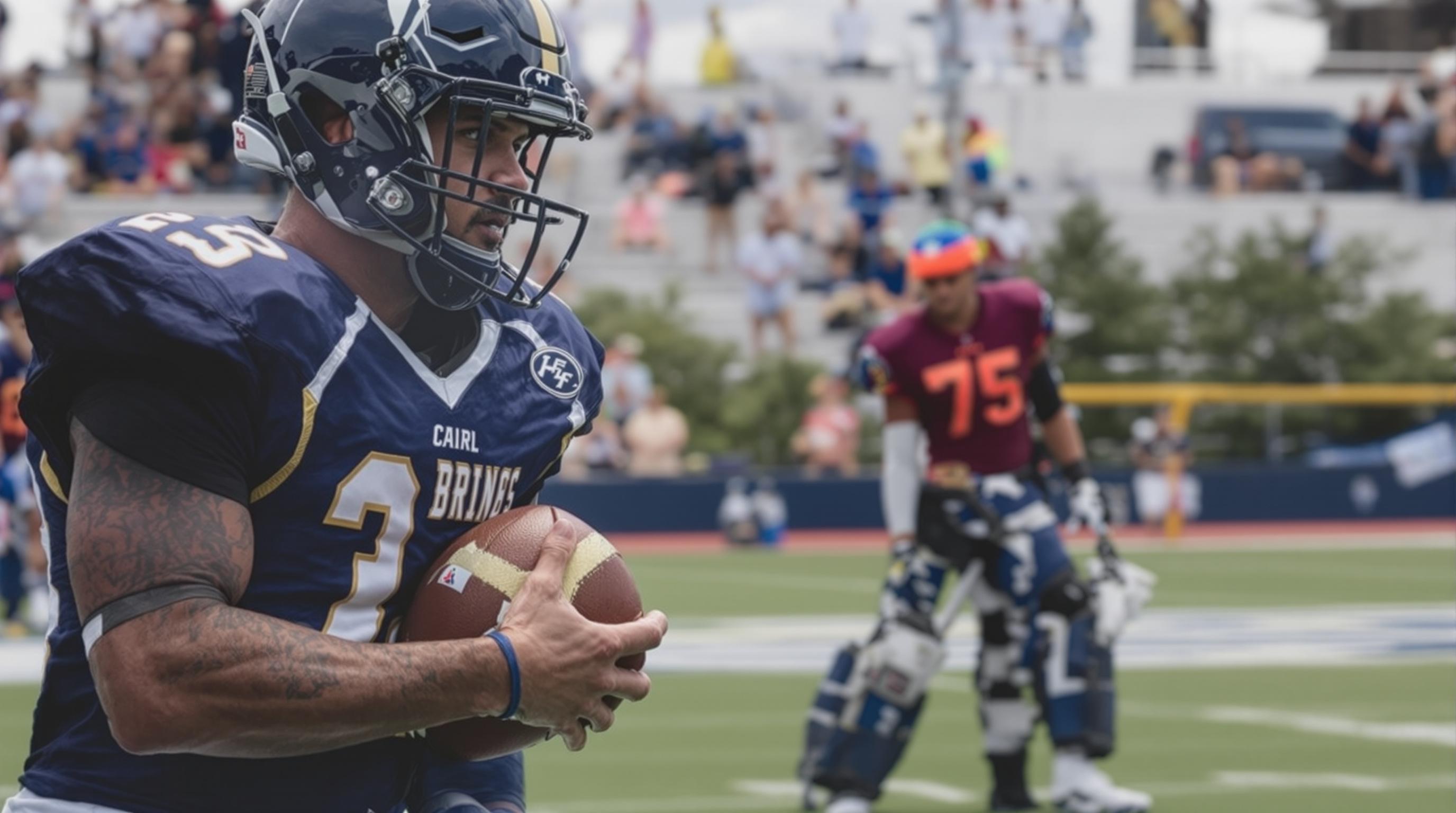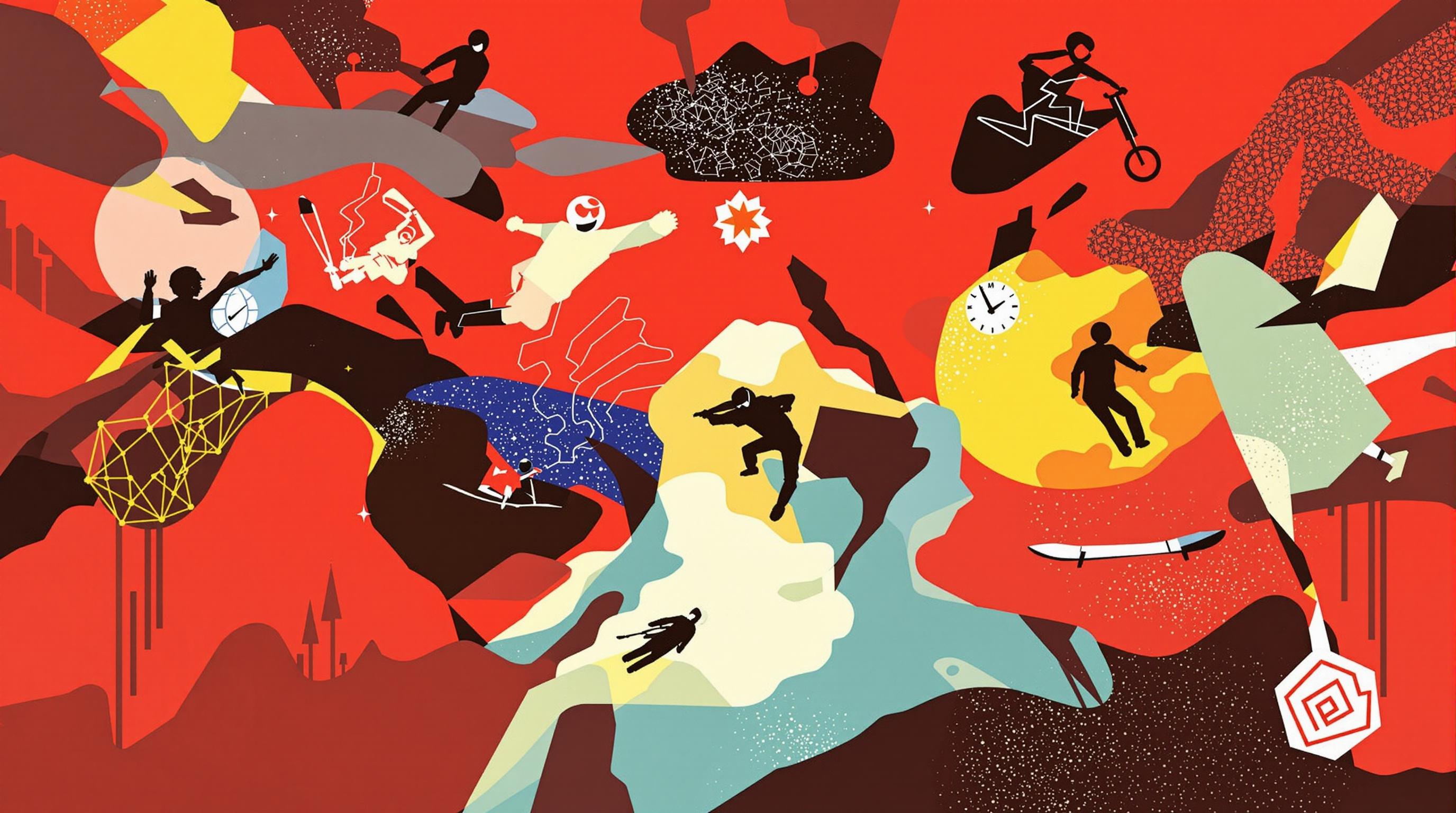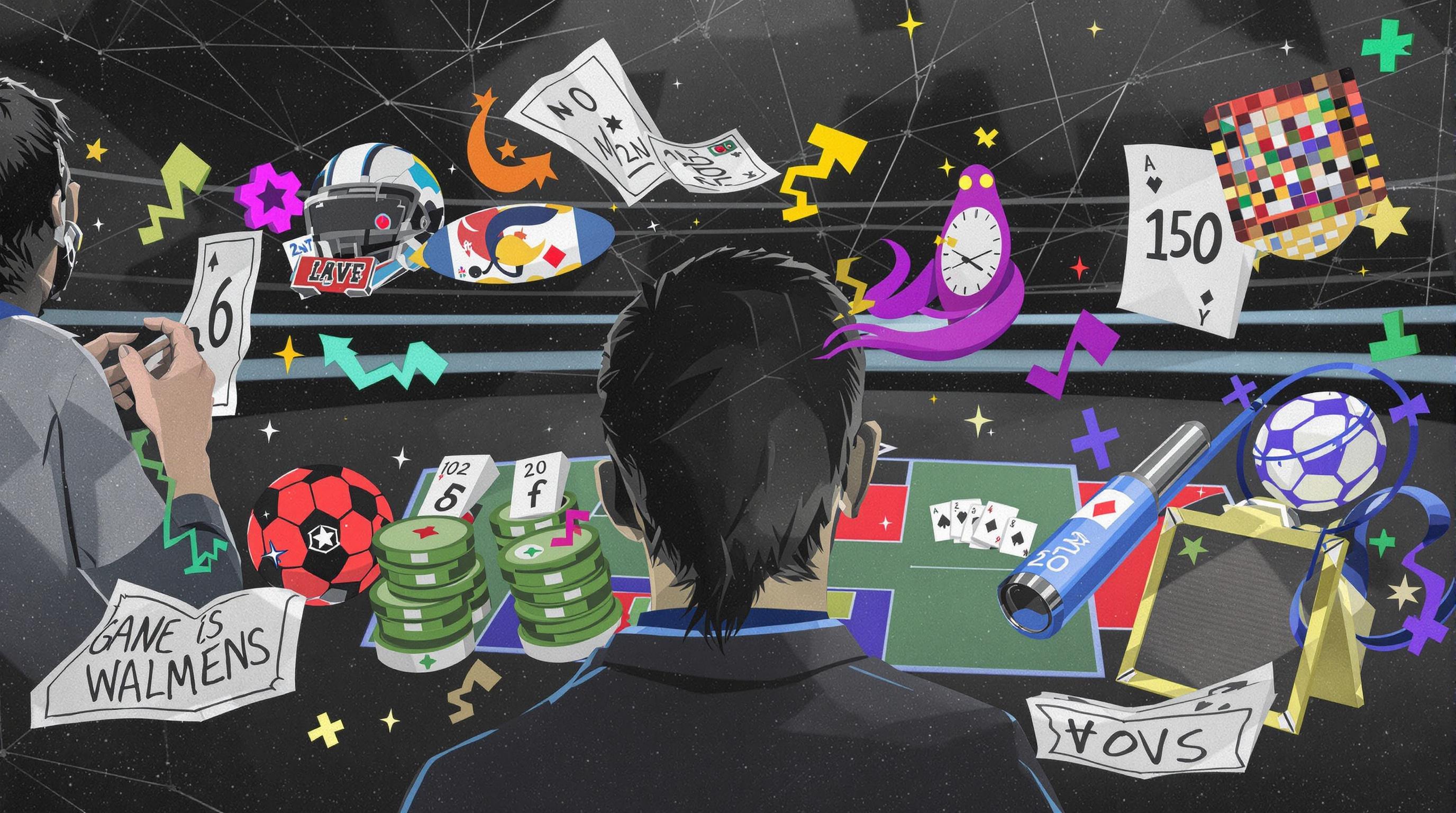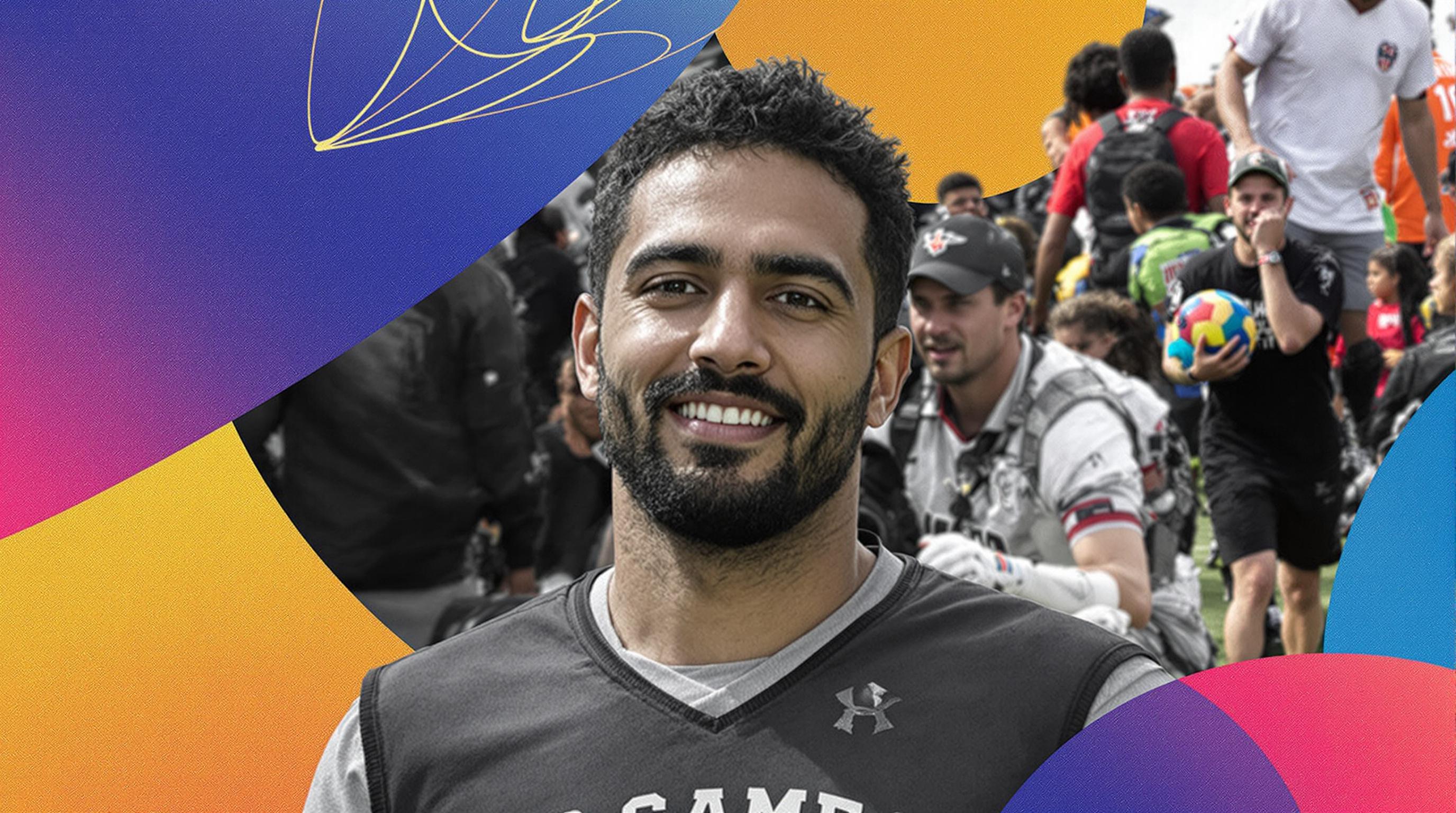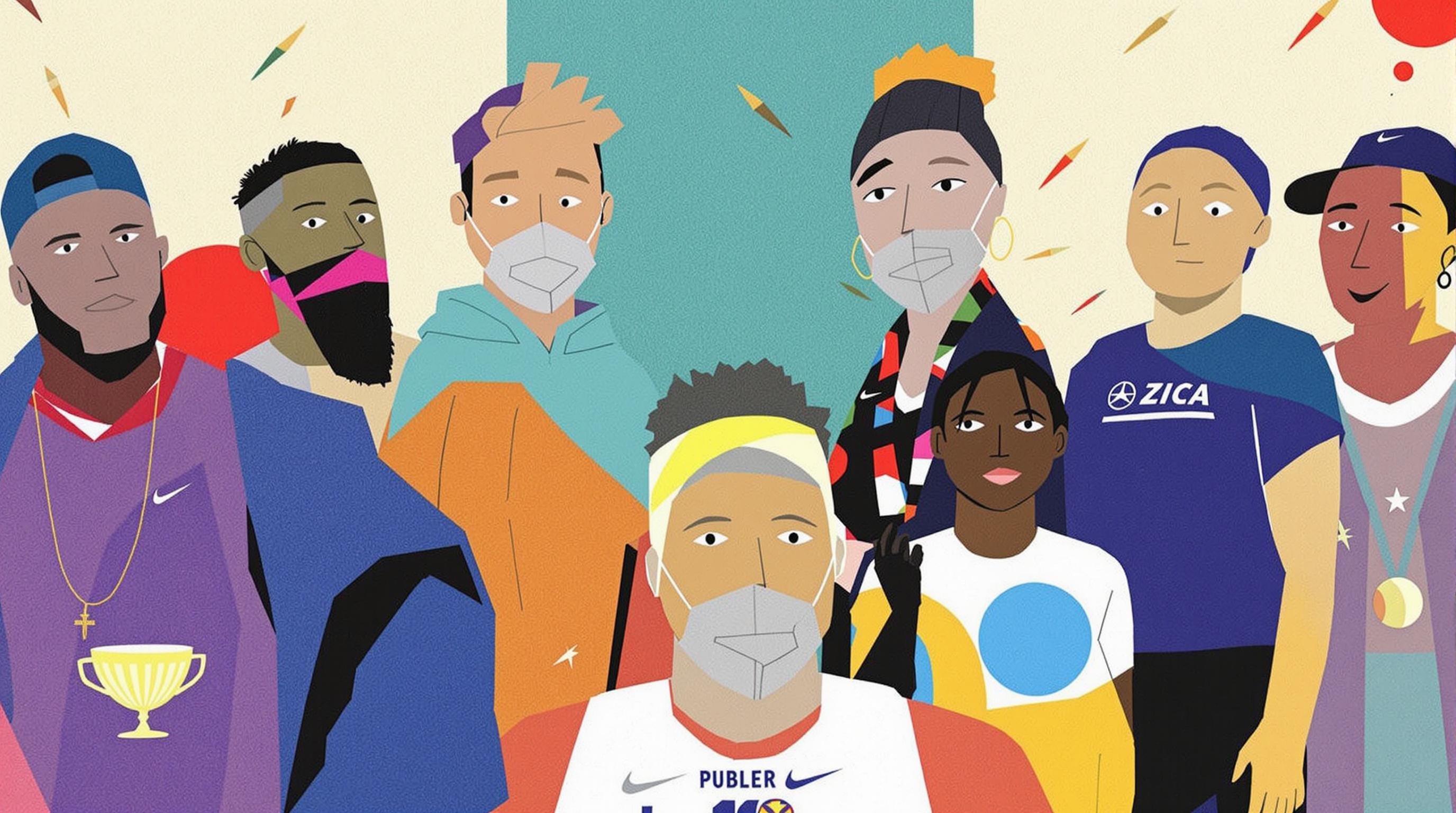Related Articles
- Cultural Collisions: How Colonialism and Conquest Transformed Games and Their Rules Across Continents
- The Eccentric Anomalies of Game Etiquette: Odd House Rules That Defied Generations
- Unveiling the Unconventional: The Role of Secret Societies in Shaping Game Regulations Across Time
- Revisiting the Cultural Phenomenon: How Iconic Championships Influenced Fashion Trends on and off the Field
- Revisiting the Aftermath: How Championship Wins Shape Community Identity and Local Economies
- The Role of Unexpected Weather Events in Shaping Championship Outcomes: A Tidal Wave of Influence
Off the Field: How Sports Can Influence Mental Health Awareness in Unexpected Ways
Off the Field: How Sports Can Influence Mental Health Awareness in Unexpected Ways
Sports have long been recognized for their physical benefits, but their influence on mental health is becoming increasingly relevant in today's society. This article explores the unexpected ways in which sports can elevate mental health awareness, drawing on personal stories, statistical evidence, and compelling case studies to illustrate their profound impact.
The Silent Struggle: An Athlete's Reality
Imagine being a professional athlete, living your dream while grappling with the weight of expectations. As a 27-year-old sports therapist, I often marvel at the paradox that athletes face. They are champions on the field, yet off the field, they struggle with mental health issues that often go unnoticed.
Take, for instance, Kevin Love, a forward for the Cleveland Cavaliers. In 2018, he opened up about his anxiety and panic attacks, breaking the silence that often envelops athlete mental health conversations. Love's bravery sparked a movement; his story resonated with many, revealing that the world of sports is not immune to the mental struggles faced by the general population. Research indicates that athletes are indeed at a higher risk for mental health disorders, with one study suggesting that about 33% of athletes report experiencing symptoms of anxiety or depression (Doherty et al., 2016).
Connecting Through Community
Moreover, participating in sports fosters community, creating a support system for individuals who may feel isolated due to their mental health issues. From local soccer leagues to community running clubs, the shared goal of training and competing can establish meaningful connections among participants. According to the Mental Health Foundation, physical activity can increase self-esteem and reduce anxiety, both important factors in maintaining good mental health.
Bridging the Gap: Media Influence
Back in the 1990s, sports reporting mainly focused on scores and statistics. Fast forward to today, and media outlets are increasingly incorporating stories about athletes' mental health struggles. This shift in coverage has helped to destigmatize mental health issues while increasing awareness within and outside the sports community.
Just recently, NFL players organized a campaign that highlights mental health with the slogan "It’s Okay to Not Be Okay." This kind of visibility is paramount; the more often we hear about athletes seeking help, the more normalized mental health discussions become. In doing so, we encourage younger generations to also reach out for support when needed.
Humorous Realizations: Sports as a Coping Mechanism
Picture this: a basketball player steps to the free-throw line after it’s been a rough game—agitated and ready to release his frustrations. Instead of tossing in a ball, he launches a series of dad jokes! Who knew that a few quips could serve as humor therapy? Each chuckle seems to lighten the pressure of performance. In reality, laughter is a powerful ally for coping with stress and anxiety.
Case Study: Mental Health Workshops in Sports
Case studies in various sports organizations today showcase proactive approaches to mental health awareness. The UK’s Premier League has recently initiated programs that focus on mental health education for young athletes. These workshops teach not just coping mechanisms but also how to recognize mental health issues in oneself and teammates.
Participation in these workshops has led to increased reporting of mental health struggles among players, indicating a positive cultural shift. Notably, 67% of participating players reported feeling more secure discussing their emotions with peers (Premier League, 2022). This is a remarkable testament to sports being a catalyst for change in mental health dialogue.
Statistics Speak Volumes
Statistics regarding athletes’ mental health can often feel dry, but they carry significant weight. According to a Meta-Analysis done by Watson & Preedy (2021), athletes are nearly twice as likely to experience anxiety and depression compared to the general population. Yet, only a fraction of these athletes seek help, with a mere 10% accessing mental health services.
The Power of Storytelling
Storytelling has an uncanny ability to connect us all. Each year, during the NCAA Championships, stories are shared about the challenges and triumphs of athletes. These stories often include struggles with mental health, resilience, and a determination that resonates beyond the sport itself.
For instance, consider the powerful narrative of gymnast Simone Biles during the Tokyo 2020 Olympics. When she chose to prioritize her mental well-being over competition, the world took notice. Her decision not only paved the way for an open discussion about mental health in sports but also ignited a sense of solidarity among athletes everywhere. Biles' example forced the public to reconsider the concept of an athlete's responsibility—from purely performance-oriented to being holistic individuals who struggle just like everyone else.
Encouraging Open Conversations
It’s essential to break the stigma surrounding discussions of mental health in sports. The age-old mentality of "toughing it out" is harmful and outdated. Additionally, open conversations about mental health encourage athletes to share their experiences, creating a cycle of support and understanding.
The organization Athletes for Hope is one powerful example of promoting healthy discourse about mental health. Every year, they host panels and discussions that focus on the importance of mental well-being in sports. These platforms allow for dialogue that inspires both athletes and fans to recognize signs of mental health issues and seek help.
Conclusion: Sports as a Mental Health Ally
At its core, sports serve as more than just a physical competition. They play a vital role in fostering mental health awareness, off the field, and in society at large. Whether we look at professional athletes leading the charge in advocacy, or community teams bonding through shared experiences, the impact of sports on mental health is profound. As we head into the future, let’s continue to champion awareness, breaking barriers, and creating healthier narratives surrounding mental health and athletics.
Final Thoughts
Athletes are not just heroes on the field; they are advocates for mental well-being. It’s time we support them by encouraging open dialogues about mental health, understanding that each laugh, every shared story, and each courageous feat contributes to a larger conversation that affects everyone. In doing so, we can turn play into purpose, building a community that’s not only focused on performance but also on emotional wellness.
